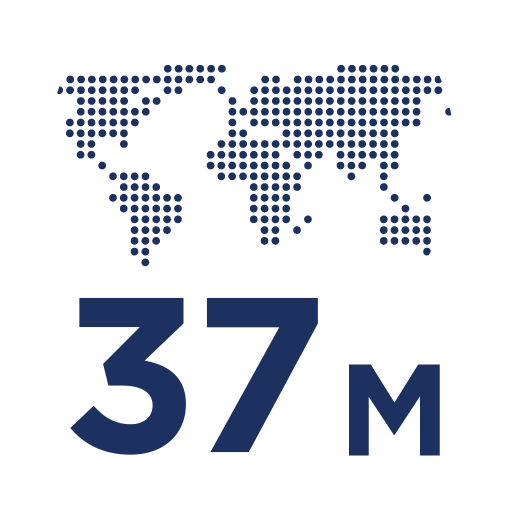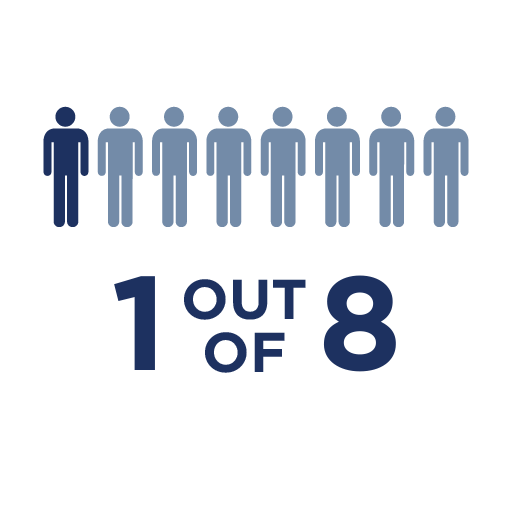What is HIV?
Human Immunodeficiency Virus, commonly known as HIV, is an incurable condition that impacts CD4, or T, Cells. These cells help the immune system fight infections. As the condition progresses, HIV destroys the body’s T-Cells, propelling the condition to its most advanced stage-acquired immunodeficiency syndrome, or AIDS.
What are the Symptoms of HIV?
There are three stages of HIV. Each stage varies in severity and has its own set of symptoms.
- Acute HIV is the initial stage of the condition and becomes symptomatic within two months of the virus entering the body. Acute HIV manifests itself as a flu-like illness with symptoms such as:
- Fever
- Headache
- Rash
- Muscle aches
- Joint pain
- Sore throat
- Swollen lymph glands
- Chronic HIV, or clinical latency, is the second stage of HIV. Generally, there are no symptoms during this stage. However, some patients experience:
- Persistent swelling in the lymph nodes.
- Symptomatic HIV Infection is the third and final stage of HIV. . During this stage the virus continues to destroy the immune cells, reducing the body’s ability to fight off infection. As a result, patients may experience mild infections or other symptoms such as:
- Fevers
- Fatigue
- Continued lymph node swelling
- Diarrhea
- Weight lost
- Thrush Shingles
Today, most people with HIV do not develop AIDS. However, those who do experience:
- Night sweats
- Recurring fever
- Chronic diarrhea
- Oral lesions
- Fatigue
- Weight loss
- Rashes or bumps
What Causes HIV?
HIV is caused by a virus known as the human immunodeficiency virus. The virus is spread though:
- Sexual Activity- Practicing unsafe sex with a partner who is HIV positive may lead to HIV
- Perinatal transmission- An HIV positive mother may transmit the virus to her child during pregnancy, childbirth or breastfeeding.
- Blood transmission- A person who is HIV positive may transmit the virus to someone who is HIV negative if they have blood to blood contact, such as sharing needles
How is HIV prevented?
While there is no cure for HIV, it is an avoidable and preventable condition. Ways that HIV can be prevented include, but are not limited to:
- Practicing safe sex
- Using a prEP medication to reduce the risk of infection
- Using a sterile needle
How is HIV Treated?
There is no cure for HIV, however, there are treatments available that delay the progression of the condition and reduce the risk of spreading the virus. Antiretroviral therapy is used to reduce the viral load in the bodily fluids and to slow HIV’s progression.
How does Noble help me manage my HIV?
At Noble Health Services, we offer a variety of medications to help you treat your symptoms. We help you manage your condition through our Signature Care Program, which includes medication delivery, 24/7/365 on-call support, benefits and co-pay assistance and more. For more information on what HIV medications we offer, please view the HIV enrollment form.
For more information about HIV, contact one of the resources listed below:
- Centers for Disease Control and Prevention (CDC)
Phone: 1-800-232-4636
cdc.gov/hiv - AIDSinfo — U.S. Department of Health and Human Services
Phone: 1-800-448-0440
aidsinfo.nih.gov - The Body — The Complete HIV/AIDS Resource
Phone: 212-541-8500
thebody.com
Interested in what Noble Health Services can offer you?
Learn More!



